Govt triggers rural economic activity
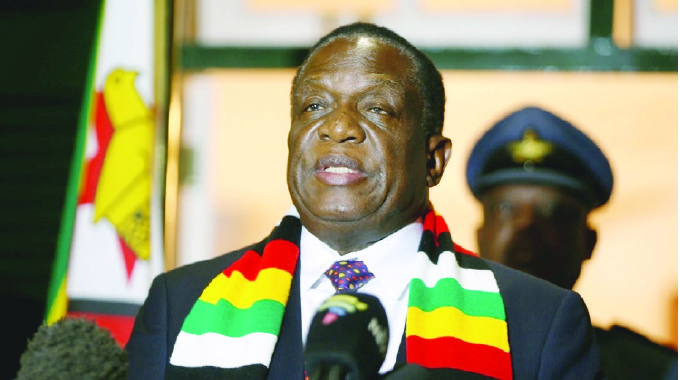
Mashudu Netsianda, Senior Reporter
GOVERNMENT is stepping up its rural industrialisation agenda with a raft of measures, which include incentivising local and foreign investors opting to invest in value chains for rural areas, being put in place to trigger economic activity.
Through rural industrialisation, Government hopes to stem rural-urban migration which saps growth from the African countryside, transferring it to towns and cities.
Rural industrialisation, which hinges on the Second Republic’s devolution policy, involves nurturing agro-processing start-up enterprises in rural areas through financial and technological support via venture capital funding and Government agencies.
Last year, The President launched the Arda Vision 2030 accelerator model programme at Bubi-Lupane Irrigation Scheme meant to stimulate rural industrialisation through agricultural development in line with Vision 2030, which is anchored on driving the country’s economy into upper middle-income status.
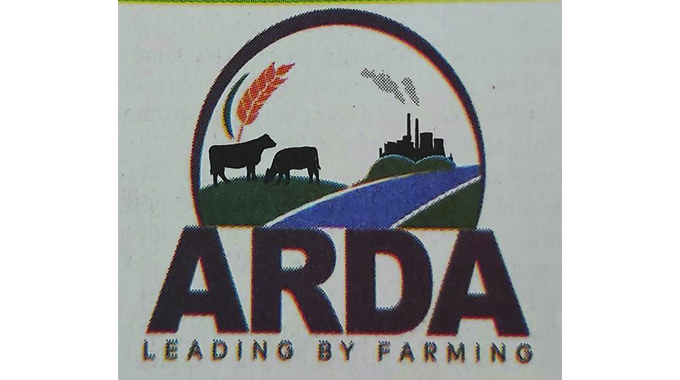
Under this model, the Government is stimulating industrialisation of rural communities through engendering value addition and beneficiation.
Each district across the country will have 200 hectares under irrigation with the beneficiaries being locals.
Writing in his weekly column published yesterday in the Chronicle’s sister papers, The Sunday News and Sunday Mail, President Mnangagwa said rural industrialisation will trigger and predicate economic activity in each province on resources and competitive edge which each province wields.
“We have taken a conscious decision as Government to qualitatively transform our countryside, principally our rural areas, where the majority of our people live.
This is what the Policy of Devolution is about: namely to trigger and predicate economic activity in each province on resources and competitive edge which each province wields,” he said.
“We have gone further.
We have intimated another sub-policy to buttress the main Devolution Policy.
This is rural industrialisation.”
The President said already there are several growth points, each of which is gradually turning into sprawling semi-urban settlements.
“At the back of all these, we are developing several irrigation projects from dams we continue to build in each province.
All the factors and infrastructures for rural industrialisation are slowly but surely falling in place.
We will do more on that front, until everything needful is in place,” he said.
In terms of the new thrust, President Mnangagwa said there is need to show partiality for rural industrial investments, particularly at growth points which support core primary activities in any one province.
“Before long, we should see wisps of industrial smoke in the countryside, including on farms where raw materials are produced.
Last week, I saw this at Nyabira where a bioceutical plant has been built, with the assistance of Swiss investors,” he said.
“This is just one example, but one pointing to immense industrialisation possibilities we have in the countryside, closer to sources of raw materials and other inputs.”
The President also outlined what needs to be done in line with the Government thrust.
He said the Ministry of Industry and Commerce must speedily work together with all Ministers of State, Zimbabwe Investment and Development Agency (Zida) and ZimTrade to map value chains province by province for consideration by the Government as a matter of urgency.

President Mnangagwa said in its Mid-Term Budget Review, the Ministry of Finance and Economic Development should work on operationalising the much-stalled Sovereign Wealth Fund, setting up Venture Capital Fund and, in consultation with Ministries of Industry and Commerce and that of Labour and Social Welfare, advise Government on instruments and agencies already in place, which require refocusing and realignment in readiness for funding and implementation of rural industrialisation.
“Together with the Ministry of Foreign Affairs and International Trade and related agencies, Ministry of Finance and Economic Development to develop incentives for both local and foreign investors who elect to invest in value chains for rural areas, and in sectors manufacturing basic commodities, to bring about the much-needed competition,” he said.
He said the Ministry of Women’s Affairs, Community, Small and Medium Enterprises Development should work with both Finance and Economic Development and Industry and Commerce Ministries to locate SMEs within mapped rural value chains and strategic areas manufacturing basics for the national market.
“The Ministry of Higher and Tertiary Education, Science and Technology Development must conduct skills needs analyses to underpin mapped value chains for training, technology development through innovation hubs, as well as the identification of supply markets for appropriate machinery to power rural industrialisation.

Ministries of Finance and Industry should facilitate acquisition of capital goods required for mapped value chains, using resources from the Venture Capital Fund and other instruments,” said President Mnangagwa.
He said the Ministry of Lands, Agriculture, Fisheries, Water and Rural Development should participate in all these activity areas, including triggering agricultural activities which support mapped value chains.
“In this new thrust which aims to grow our production base both for national and export markets, partnerships which empower Zimbabweans, principally our farmers, our youths, graduates and our women, must be encouraged,” said President Mnangagwa.
“By Rural Industrialisation, we simply mean starting or launching industrial activity in rural areas, based on factor endowments in each rural space.
Those endowments become the definers and drivers of the industrial activity we envisage in any one area. Our objectives are multiple.”
The President said the colonial model where the youths desert their places of birth in search of livelihoods in alien environments of towns and cities, have kept the countryside as backwaters.
He said the debilitating model must give way to a Zimbabwean model where one’s place of birth is also one’s place of bread.
“We have made salutary head starts and most schools are already there in our rural areas.
More and more tertiary institutions, including vocational training centres, polytechnics and universities, are being sited and set up in rural areas,” said the President.
Through the Rural Electrification Agency (REA), President Mnangagwa said the national electricity grid has penetrated many rural areas.

Rural Electrification Agency (REA)
“We aim to change and spread the geographic or spatial location of value chains and value addition activity nationally.
In essence, Devolution Policy rejects town and city-centric models of growth and development, for more geographically dispersed and geographically even models,” he said.
President Mnangagwa pointed out the need for a new and just nexus connecting the country and city.
“This is much more than geography; it is social justice through evenly spread economic activity that leaves no one, no community and no demography behind.
The colonial models where Harare, Bulawayo, Gweru, Masvingo, Mutare and to a lesser extent Chinhoyi, Bindura, Marondera, Gwanda and Beitbridge were sole nodes of economic activity, all set against vast hinterlands of rural paralysis, should now be a thing of the past,” he said.
– @mashnets.

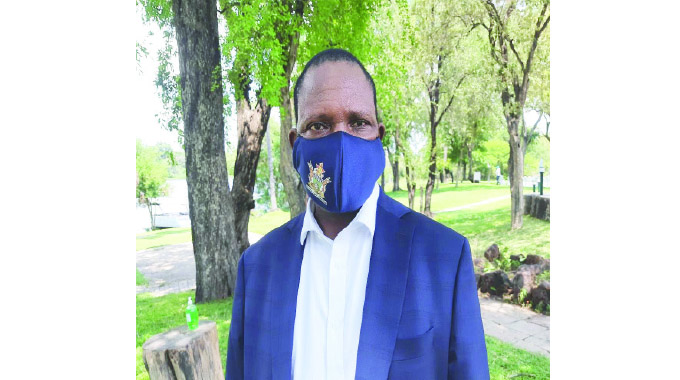

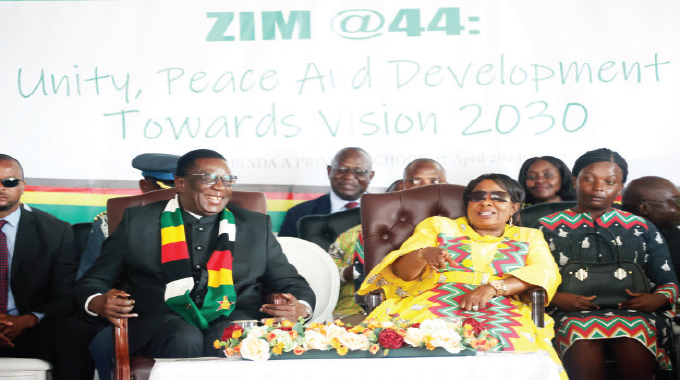
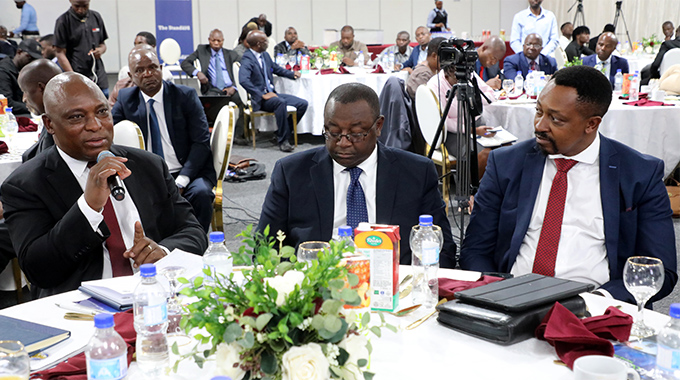






Comments